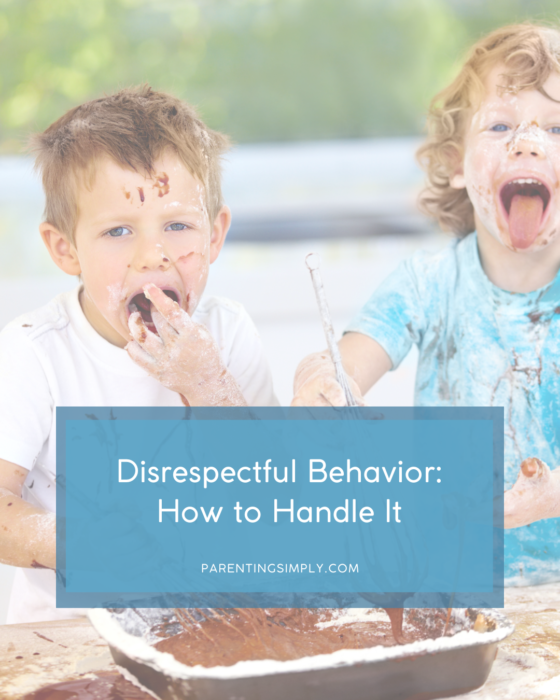
“This is all you bought me? Just 2 shirts! I need more than that!”
“But this isn’t the snack I wanted!”
“I told you to pick me up at 1 pm and you were late!”
When our kids say things that seem disrespectful, bratty, or even defiant it can be painful. Our feelings get hurt and we are disappointed in their behavior. We know that we need to work hard not to take this personally and remain calm in the face of this type of behavior.
Kids and teens have a hard time understanding another’s feelings. This makes them look selfish. They also don’t have the easiest time regulating their feelings, so when they are disappointed, (by not getting the snack they wanted or the right amount of shirts) they may just blurt out exactly what they are feeling.
We can train our kids to act appropriately and respectfully to us by feeding them more appropriate responses. In doing so, we model for them what they can say instead.
Teach them to be grateful instead of entitled.
Gently say: “I expect when I buy you the shirts, even if it isn’t as much as you wanted, that you say thank you.”
Teach them to express their disappointment and needs.
Empathize and state our expectations and model respectful language: “You sound disappointed about the snacks. However, when someone buys you something you need to say thank you. Next time this happens you can say, ‘Thanks Mom, next time you go, can you get me cheese crackers?’”
Teach them to understand how their behavior affects others.
Talk about our feelings, empathize and model respectful language: “I feel frustrated when I am spoken to in this way. I am sorry for being late, I am sure you were worried. Next time, you can say: ‘Mom, I worry, when you don’t come on time. Please let me know if you are going to be late…’”
Kids sometimes get overwhelmed by their emotions and they truly do not know how to behave or say the right thing. With a lot of patience and modeling we, their parents, can help them learn how to behave appropriately and manage their disappointments and their negative feelings in more positive ways.
Dig deeper with Adina and build your skills at dealing with defiant attitudes!
